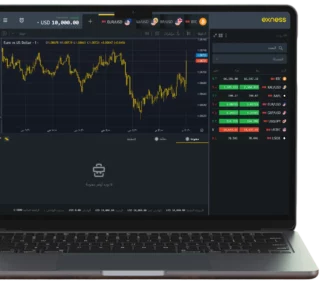Fixed vs. Variable Spreads
There are two primary types of spreads in forex trading: fixed spreads and variable spreads.
- Fixed spreads remain constant regardless of market conditions. This means that the difference between the bid and ask price remains the same, even if market volatility increases. Fixed spreads can be advantageous for traders who prefer predictability in their trading costs, as they know exactly how much they will pay per trade. However, fixed spreads tend to be slightly wider compared to variable spreads, which can make them less cost-effective during low market volatility.
- Variable spreads, on the other hand, change depending on market conditions. These spreads are narrower during periods of low volatility and can widen during times of high volatility, such as economic events or market announcements. While variable spreads offer the potential for lower costs in calmer market conditions, the risk is that they can increase when the market is more volatile. Traders who choose variable spreads need to be prepared for fluctuations in trading costs.
Choosing the Right Spread
When deciding between fixed and variable spreads, consider your trading style and strategy. Scalpers, who open and close many trades within short periods, might benefit more from variable spreads since they offer lower costs during stable market conditions. Swing traders or position traders, who hold positions longer, may prefer fixed spreads to avoid unexpected changes in costs during their trades.
Choosing the right spread type also depends on your risk tolerance. If you prefer a predictable cost structure, fixed spreads may be the better choice. However, if you’re comfortable with some fluctuation in your costs and prefer to capitalize on narrow spreads during quieter market periods, variable spreads could be more advantageous.
Exness’ Competitive Spreads
Exness stands out in the market for offering highly competitive spreads across a wide range of currency pairs. Whether you’re using a Standard or Pro account, Exness provides traders with access to tight spreads, even during periods of low market volatility. The broker offers variable spreads with some pairs having spreads starting from as low as 0.1 pips. This makes it an attractive option for traders who want to minimize their trading costs.
Conclusion
Understanding the spread is essential for forex traders looking to manage costs effectively. Fixed spreads provide predictability, while variable spreads offer flexibility. With Exness’ competitive spreads, traders can take advantage of low costs, regardless of their trading style, improving their chances for success in the market.

